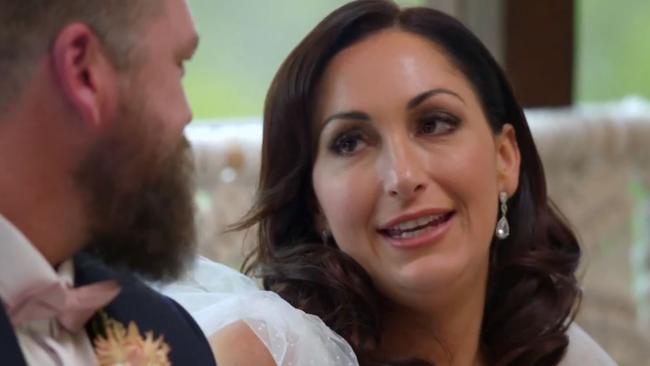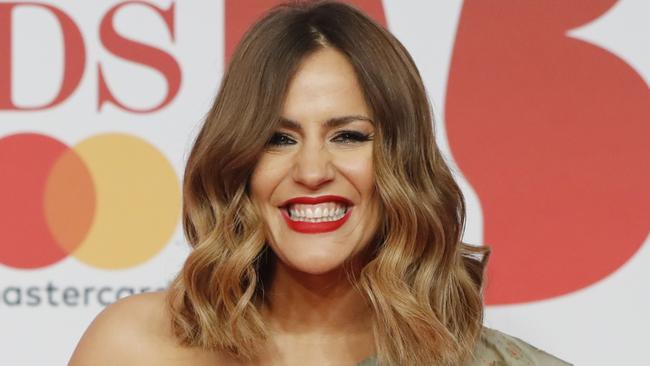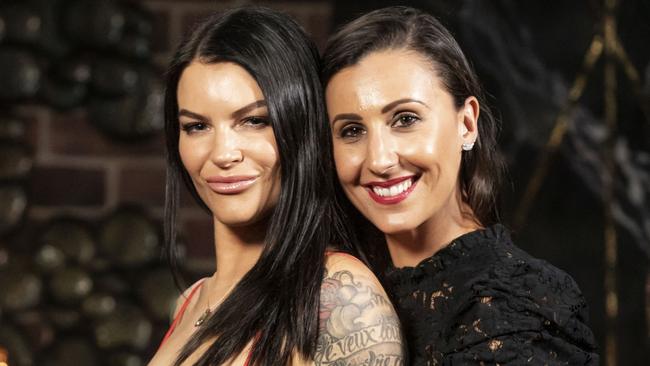MAFS and Love Island need a reality check over contestant safety
Between the death of Caroline Flack and news that yet another MAFS participant felt bullied, it’s time we accept reality television has moved into dangerous new territory, writes Kim Wilson.
Rendezview
Don't miss out on the headlines from Rendezview. Followed categories will be added to My News.
Trashy reality TV shows such as Married At First Sight and Love Island are ratings winners, reaping in millions in ad revenue for the networks airing them.
But at what cost to the ‘stars’ of the shows?
How much more tawdry and toxic do these shows have to get before people start switching off and recognising how traumatic they can be to the people involved? And at what point do reality show producers recognise they have more than just a token duty of care to these people?
The revelations this week by outgoing MAFS participant Poppy Jennings that staff manipulated her into saying things on camera by threatening her that if she didn’t “Australia will f … ing hate me”, are further confirmation that these ‘reality’ shows are completely contrived and more concerned with ratings than the welfare of participants.

Jennings says she was portrayed on the hit show as “a bogan single mum” and a “miserable whinger” to fit in with “an agenda”.
The Wollongong photographer and mother of two took to Facebook on Tuesday to reveal she was not allowed to say what was really happening behind the scenes, including the truth about her relationship with television husband Luke Eglin.
“They make him out to be a hero and me a miserable whinger because I wasn’t allowed to express myself. I was assured I’d get a good edit if I dropped it,” she said.
It comes just days after Love Island UK host Caroline Flack reportedly took her own life, the third person from the show to die by suicide.
The reasons a person may take their own life are complex and numerous, but appearing on a controversial reality show, and the often brutal social media scrutiny that follows, must have some role to play for vulnerable, sensitive souls.

After hosting her first live edition of The X Factor in 2015, Flack said she was in tears after looking at social media.
“The reaction was quite overwhelming because I didn’t think people would be talking about how I look, how I stand, how I walk or how I laugh,” she said at the time.
“Not everyone is going to like you all the time, not everyone is going to think you’re beautiful, but there is a difference between opinion and abuse.”
Former House Rules contestant Nicole Prince won a workers’ compensation case against Channel 7 for “psychological” injury last year after she and her partner were portrayed as villains on the show.
Prince submitted a workers compensation claim in May 2017, stating she had suffered adjustment disorder, anxiety disorder, depression and post-traumatic stress disorder as a result of injury caused by “systematic isolation of myself and encouragement of bullying by co-competitors”.

“After our episode was aired I was subjected to online abuse on the Channel 7 Facebook page, including receiving threats of serious physical assault. I have been fearful for my safety ever since,” she claimed.
Prince said at the time she was no longer offered interviews for jobs and work.
“I feel devastated and worthless about the loss of my career and working life. After my episode aired I wanted to kill myself and I started drinking more alcohol in an attempt to self-medicate my injury.”
I constantly question why people enter reality shows, particularly in an age where we know that they will surely be heavily edited and the ‘characters’ manufactured.
But whatever their reasons, they have a right to be treated with respect and care. Particularly on dating shows where they’re exposing raw emotions and the simple desire to find someone to love, and who will love them genuinely back.
Kim Wilson is the Fashion Editor for The Herald Sun.
